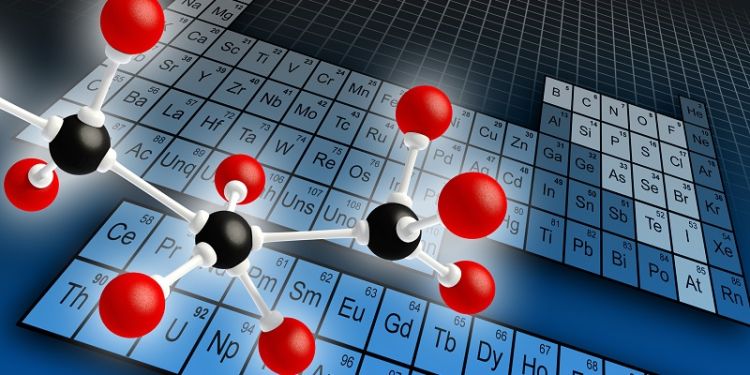Developing an adaptable approach to integrating students as creators of knowledge in both lectures and laboratory practicals; opportunities and challenges in adopting this philosophy in Chemistry Education

- Date: Thursday 7 November 2019, 13:00 – 14:00
- Location: Chemistry
- Type: Seminars, Chemistry
- Cost: Free
Dr Barry Ryan (Technological University Dublin), will give a lecture about his research.
Dr Ryan is the recipient of the Royal Society of Chemistry Higher Education Teaching Award.
Abstract:
In an era of increasing metrification of learning; combined with a drive to centralise the student within their learning, is there space to firstly consider and, secondly, use alternative teaching and learning approaches? In the constantly evolving higher education ecosystem, students have been incorporated and integrated into the learning process through many emerging and evolving pedagogical approaches. However, successful centralisation of students often relates to the level of authenticity of their involvement in their own learning (Trowler, 2010).
In this lecture, the integration of student-designed research and research-like activities will be explored from a chemistry and biochemistry context, and across all levels of undergraduate learning. Over a decade ago Neary and Winn (2009), through the ‘students as producer’ philosophy, suggested the positive effect on student learning through the inclusion of real-life, complex and unstructured research-like activities at the core of the undergraduate curriculum. In this approach to learning, students are encouraged to develop their understanding by carrying out research, or research-like, activities early and throughout their undergraduate studies. Throughout the lecture, evidenced-based research, combined with practitioner-based experience, from the last ten years will be examined and used to underpin a discursive exploration of this teaching and learning approach. Healy and Jenkin’s ‘research teaching nexus’ model (2009) will be used as a framework to understand the type of learning experiences the ‘producing’ students encounter; it will also be used as a springboard for participants to consider their own teaching and learning practice. Potential barriers and challenges to adopting new, or adapting current, practice will be un-picked and recommendations detailed so as to provide an enabling resource for participants to bring away with them after the lecture.
Healy, M., & Jenkins, A. (2009). Developing undergraduate research and inquiry. York: The Higher Education Academy.
Neary, M., & Winn, J. (2009). The student as producer: reinventing the student experience in higher education. In: M. Neary, H. Stevenson, & Bell, L. (Eds.). The future of higher education: policy, pedagogy and the student experience (pp. 126-138). London: Continuum.
Trowler, V. (2010). Student engagement literature review. York: Higher Education Academy.

